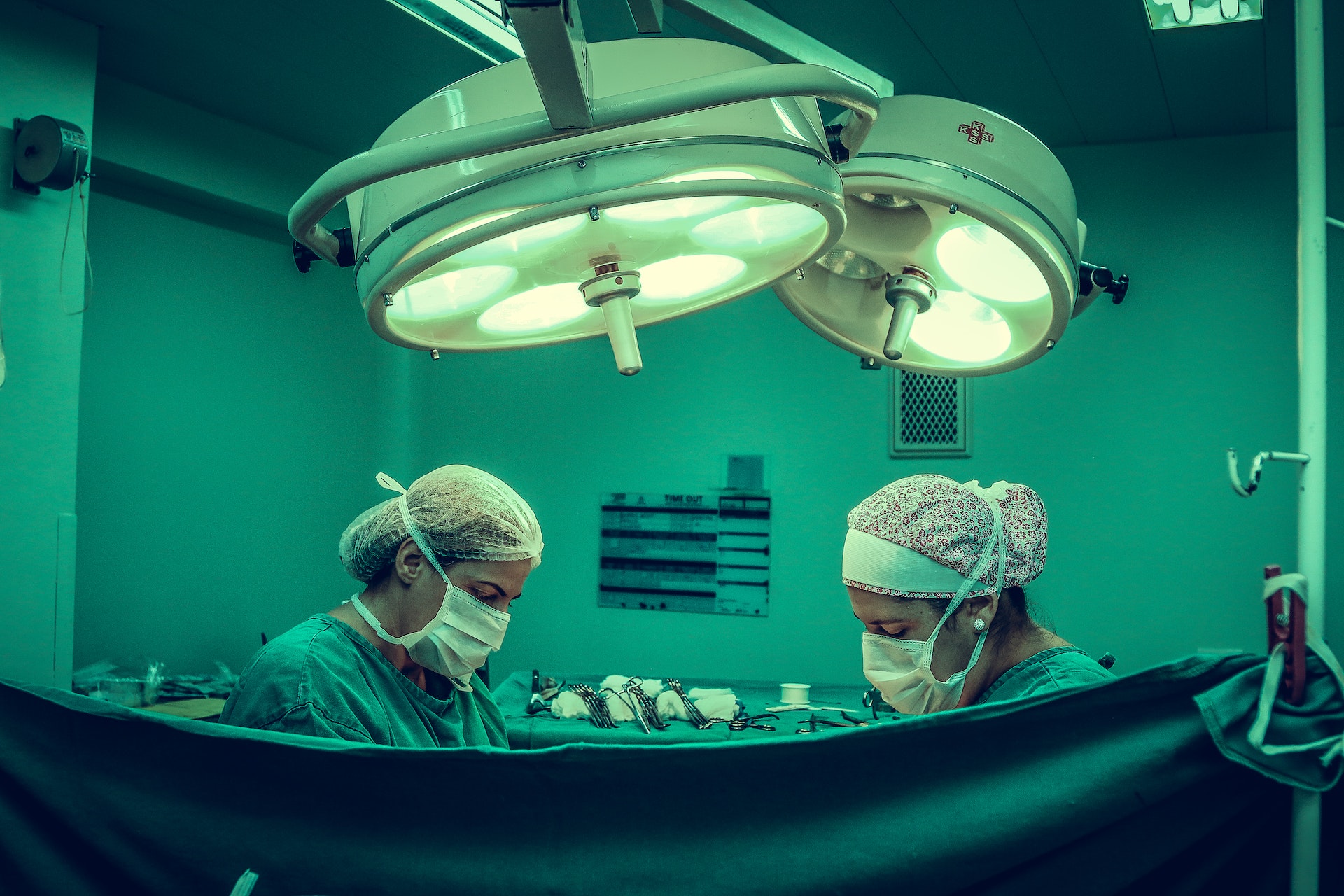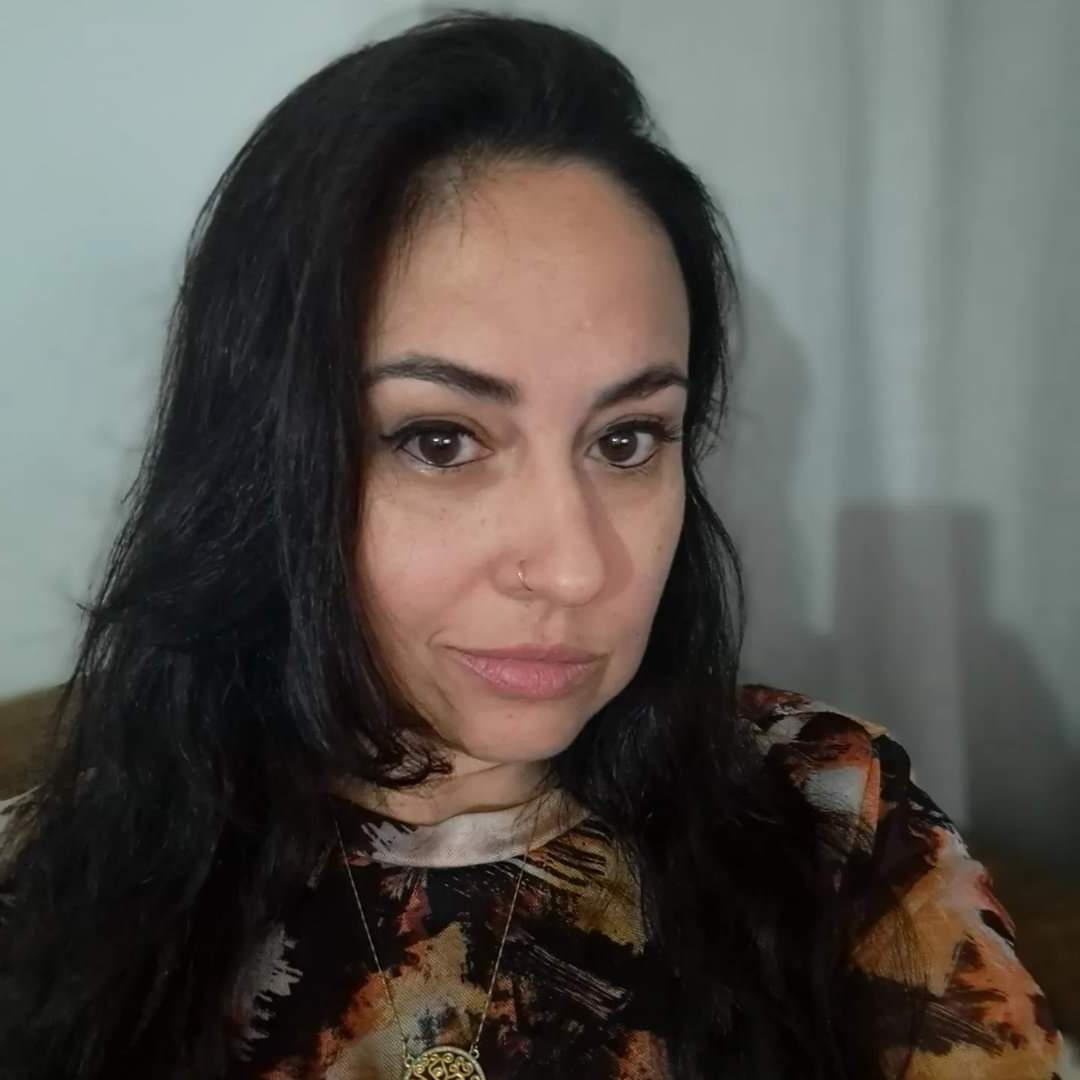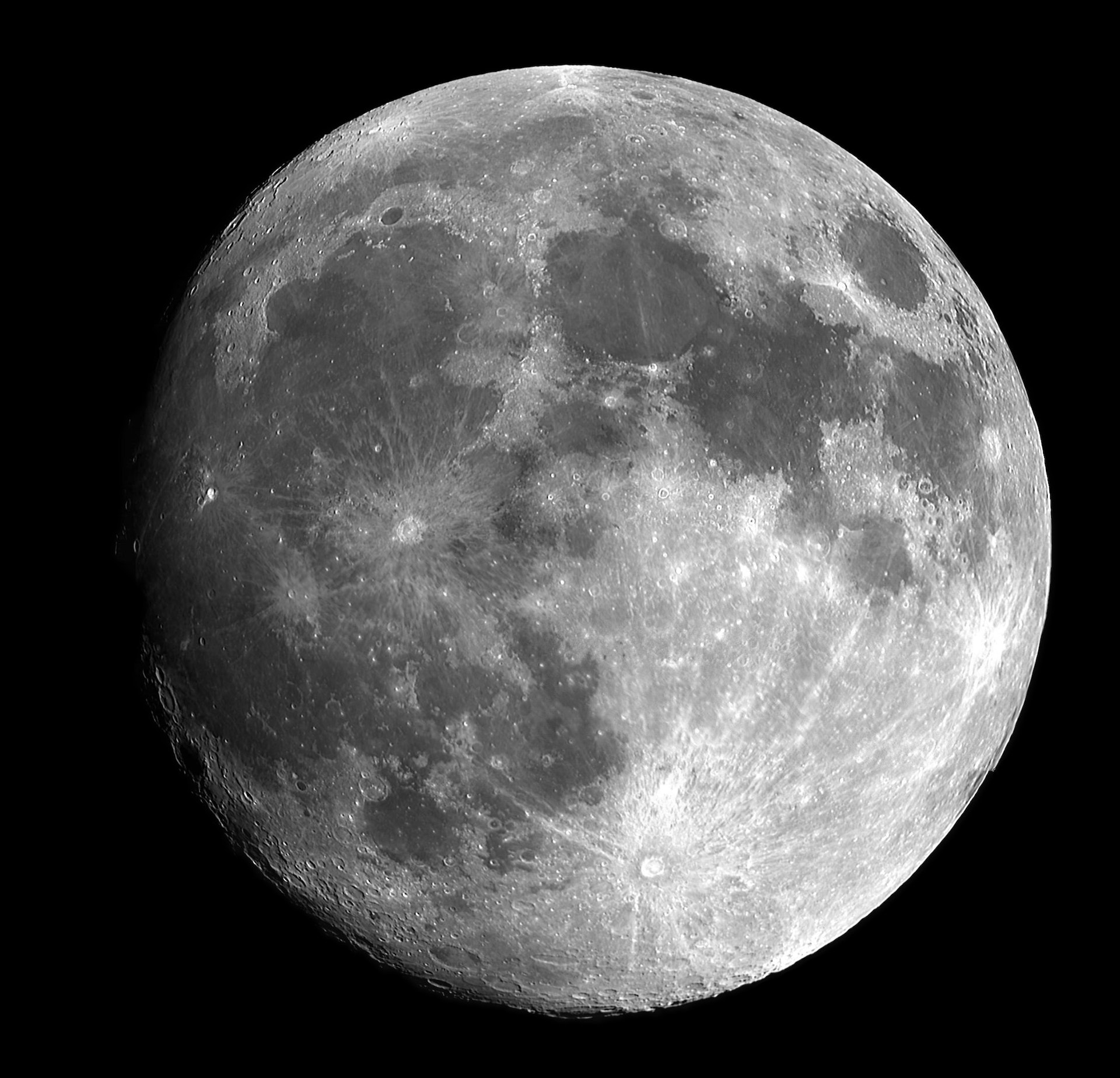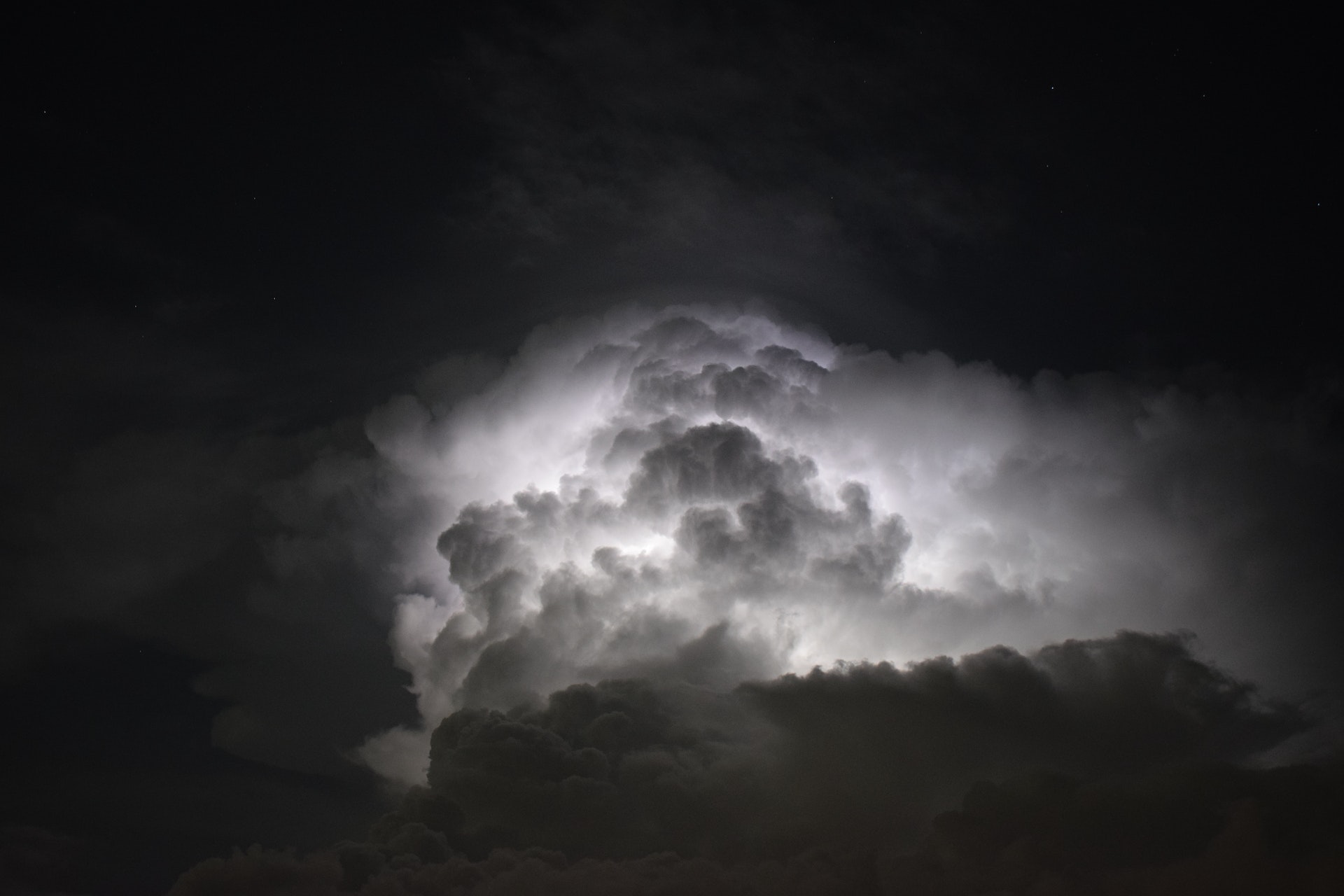Most Common Medical Superstitions
Most people wouldn't categorize doctors as a superstitious group. The vast majority of us would never consider ourselves to be that. But if you spend enough time around the medical community, you're bound to hear a variety of odd medical superstitions.
Author:Sonia RavenwoodReviewer:Michele SievertJan 10, 202310.2K Shares467.3K Views

Most people wouldn't categorize doctors as a superstitious group. The vast majority of us would never consider ourselves to be that. But if you spend enough time around the medical community, you're bound to hear a variety of odd medical superstitions.
Here is a short list of some of the superstitions that healthcare professionals most frequently say in hospitals across the nation, as reported by the experts from StationZilla a medical and science research center website, as well as a few superstitions that have scientific justification.
Medical Superstitions
More superstitious beliefs are prevalent in some medical specialties than others, especially in the emergency room.
However, many of our most popular medical superstitions like the ones listed below—are prevalent across a wide range of specialties.
Occurs In Threes
Many doctorsbelieve that bad things tend to happen in threes. Three unexpected staff resignations, three fires in a single night, and three patient deaths in a single week—these are just a few examples.
Whatever the case, many of us are constantly looking for patterns because it's part of our job, and it hasn't escaped our attention that three is a frequent number in the industry.
But this isn't just a superstition held by medical personnel. Others have questioned why bad things tend to occur in groups of three.
Numerous theories contend that, whether because of our innate capacity for pattern recognition or a connection to religion, we simply find the number three fascinating and naturally try to group events into sets of three.
In any event, if you ask a nurse if they think that fatalities tend to occur in groups of three, you'll probably get a more or less similar response.
Full Moon
Full moonsunleash the irrational. Or at least, if you inquire about full moons with several hospital floor workers, you might get that response.
You're likely to encounter a nurse or other floor healthcare professional who can share tales about the bizarre things they observe on their unit during a full moon, whether you're in the emergency room or a skilled nursing facility.
Every full moon brings a different set of specific events.
If emergency services are called, it might be a frequent flyer or a patient who frequently enters the unit because of drug or shelter-seeking inclinations and then acts erratically.
It might be a fortuitous inflow of patients with strange diagnoses on other floors.
Some medical professionals prepare for impact when they anticipate a full moon. Some people will work the day before, the night before, or the day after a full moon and wonder why the shift is so chaotic. They won't realize it was a full moon shift until much later.
According to several studies, there doesn't appear to be a rise in patient volume or acuity in emergency services during full moons. On the other hand, a lot of first responders would undoubtedly disagree with you based on their own experiences.
The Word "Q"
Some of us might find it difficult to believe, yet peaceful nights dooccur in healthcare facilities. Someone will be inclined to remark on how quiet, slow, or calm it is when they do.
Professionals with experience realize that's asking for trouble. Any issue, such as a sudden large influx of patients or an equipment malfunction, will be promptly brought to the floor when the term "q" or any of its pertinent counterparts is used.
Of course, this notion doesn't appear to have any support from science. However, whether they are typically superstitious or not, the majority of seasoned healthcare workers are aware of the risks involved in making comments during a quiet shift.
Black Cloud
They go by many titles, including the cursed one, the dark cloud, and the harbinger of death. All of these nicknames are used to describe that one medical practitioner, such as a doctor or nurse, who consistently seems to have poor luck.
You may be sure that if they are working your shift, a patient will attempt suicide or you will encounter the most bizarre cases.
When you see this colleague's name on the itinerary, something invariably goes wrong.
Even if the person in the black cloud is generally pleasant, it makes no difference. They are dreaded by everyone who works with them.
Name The Person
According to a lot of urban legends, calling out the name of an entity will bring it to you. A widespread belief in emergency rooms goes something like this: If you mention the name of a frequent traveler, they will show up in your department.
This also applies to mentioning the names of different patients in different contexts. For example, if you mention the name of a patient who is in poor health and is likely to pass away during that shift or shortly, they will miraculously stay on for a lot longer than you anticipated. If you're truly unlucky, someone else might die before you.
Basically, If You Work In The Medical Field, Watch What You Say
Science-based Superstitions In Medicine
Although the superstitions mentioned above have little to no scientific support and only anecdotal proof, there are a few more that have a little more reasoning behind them.
Pain And Inclement Weather
You may have overheard someone say something along the lines of, "I sense a storm coming on," whether you work in the medical sector or not. My bones are telling me about it.
This might manifest in many different ways, such as a looming migraine or simple joint pain from an earlier injury. And it does appear to have some validity.
According to findings from a study on people with chronic pain caused by conditions like arthritis, these people are 20% more likely to have pain episodes during particular weather conditions. especially when there is low air pressure, wind, or either of those conditions.
Working During Severe Weather Conditions
Besides causing flare-ups of chronic pain, the weather seems to have other negative consequences for our health. There may be some validity to the notion that babies are more likely to be born in inclement weather.
According to a 2007 study, birth ratesrose in the same region on days when there were significant fluctuations in local barometric pressure.
Since weather changes can only be measured with barometric pressure, it's not impossible that this happens around the same time as bad weather changes enough for many people to notice and for this to become a widely held belief.
People Also Ask
How Does Superstitious Belief Affect Our Health?
Health and individual variances in relation to diseases and epidemics are tied to superstitious beliefs. Stress, depression, and other health issues may result from superstition.
What Are Some Superstitions That Bring Good Luck?
Making a wish on a stray eyelash, a falling star, a wishing well, a rainbow, or when blowing out birthday candlesare all effective ways to attract good fortune.
Other methods include knocking on wood, carrying a good luck charm like a four-leaf clover, lucky dice, or a special gemstone, and knocking on objects.
Why Throw Salt Over Shoulder?
It's a superstition that spilling salt will result in bad luck. According to lore, you should take a pinch of the salt that has been spilled and throw it over your left shoulder to ward off bad fortune. The devil was meant to be perched on the left shoulder, but the devil was kept at bay by throwing salt in his eyes.
Conclusion
Even though many of our long-held ideas in the medical industry are unsupported by research, our common practices and beliefs could still be able to help us get through our daily work.
But because we don't have evidence to back up our personal experiences and beliefs, these superstitions aren't likely to go away any time soon.

Sonia Ravenwood
Author
Sonia Ravenwood is an accomplished writer with a profound passion for exploring spirituality, magical practices, and the significance of numbers.
She has published numerous works exploring spiritual growth, magical practices, and the significance of numbers on reputable platforms.
Her insightful content reflects her expertise and dedication, making complex concepts accessible and engaging for readers.
Prior to focusing on writing, Sonia held various roles in content creation and marketing, honing her skills in communication and storytelling.

Michele Sievert
Reviewer
Michele Sievert is a seasoned expert in astrology and spirituality, boasting over 10 years of experience in these transformative fields. She holds a Bachelor's degree in Astrology from the International Academy of Astrology, showcasing her dedication and expertise in the mystical arts.
Michele's insightful guidance has positively impacted numerous individuals, helping them navigate life's complexities with clarity and purpose. Her deep understanding and engaging style make her writings a trusted resource for those seeking spiritual enlightenment.
In her leisure time, she enjoys spending moments of tranquility with loved ones, fostering a balanced and fulfilling life.
Latest Articles
Popular Articles

